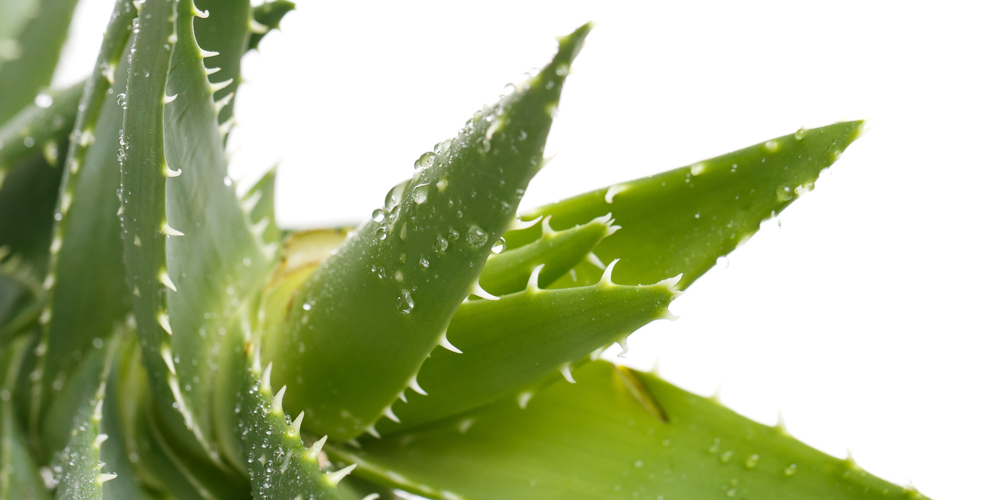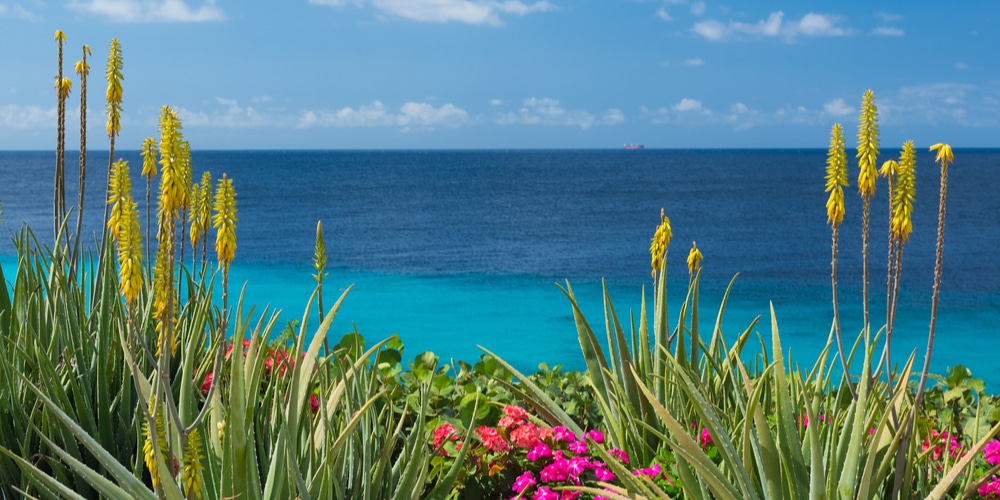Aloe vera plants are attractive succulents you can grow as a houseplant or outdoors. Besides the aesthetic effect of the plant’s foliage, which is thick and fleshy, aloe veras also contain juice that you can use to soothe the pain of burns or scrapes.
While caring for these plants isn’t challenging, it doesn’t mean you won’t encounter problems. Indeed, if you don’t give the plant what it needs to survive, your aloe vera might stink. But what does that mean? And why does aloe vera smell like onions? You can find answers to these questions in this essential guide. So, keep reading to learn more about the subject!
Why Does Aloe Vera Stink?
As soon as you notice a strong smell of onion coming from your aloe vera plant, you must know something isn’t right about it. But the truth is that there could be various reasons for that. Still, they all cause the same condition: rotting.
Most have to do with the care you provide to your plant. However, it is worth mentioning that some aloe vera varieties naturally smell, especially when you take their gel inside the leaves. After all, the plant is part of the same family onions, scallions, garlic, and leek belong to.
But if the odor becomes too strong, that’s usually an indication of rotting. And if you want to learn more about what to do in these situations, jump to the following sections.
Rotting
One of the causes for aloe vera to smell (strongly) like onions is rotting. That usually happens when you overwater your plant, which doesn’t need too much moisture. Indeed, deep but infrequent watering is crucial with aloe veras. Plus, it may happen if you don’t use the proper potting mix for your succulents.
These plants need well-draining substrates that don’t get soggy to thrive. While rotting can kill your plant, if you notice the issue early enough, you may be able to save it. In those cases, the best thing you can do is to transplant your succulent to a different pot (carefully). As the plant returns to its healthy state, the stink will disappear.
Rotting could also make your plant susceptible to attacks from pests and other infections that might increase the unpleasant smell the plant releases. And that will eventually kill your plant faster. So, avoid it at all costs.
How to Prevent Rotting
Luckily, you can prevent rotting by taking a couple of precautions. Here is a list of the elements you must pay attention to when growing an aloe vera and prevent such a condition from killing your plant.
As we mentioned before, choosing a suitable potting mix is crucial. The substrate must drain well, and the container where you place your succulent should have drainage holes to allow water to escape. Alternatively, you may want to use a porous pot to minimize problems. And if you feel the soil you use is too compact, consider adding gravel or sand to the mixture.
Pick a suitable location for your plant: it must receive enough sunlight. Aloe vera need bright indirect sunlight. But too little lighting might cause them to grow leggy and make them more susceptible to rotting, which occurs more frequently in sun-deprived conditions.
Finally, ensure you follow a regular watering schedule to prevent rotting issues. And don’t forget to feel the soil with your fingers before adding extra moisture. The top third of the potting mix must be dry.
Remember that aloe vera aren’t heavy drinkers: even during the hottest summer, you may have to water your succulents no more than once every two to three weeks. Reduce the frequency during the winter when the plant goes dormant.

